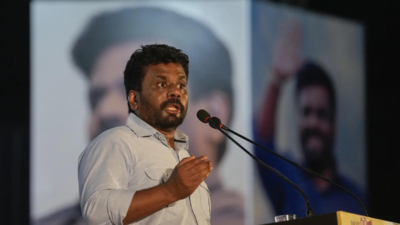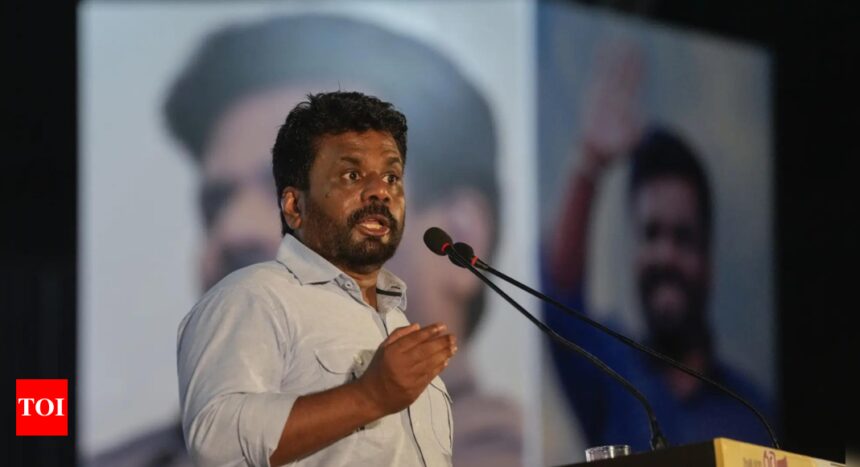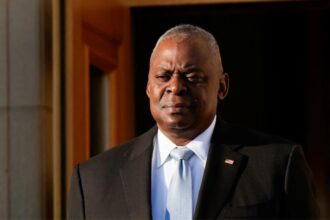
Anura Kumara Dissanayake (AP file photo)
Anura Kumara Dissanayake, leader of the Marxist JVP‘s broader alliance, the National People’s Power (NPP), strengthened his lead in Sri Lanka’s presidential election on Sunday.
This marks the first election since the country’s 2022 economic crisis. The voter turnout was nearly 75%, lower than the 83% recorded in the previous presidential election in November 2019.
Here are the key updates from Sri Lanka elections.
This marks the first election since the country’s 2022 economic crisis. The voter turnout was nearly 75%, lower than the 83% recorded in the previous presidential election in November 2019.
Here are the key updates from Sri Lanka elections.
- Election officials reported that Anura Kumara Dissanayake secured 58% of the postal votes, with approximately one-third of the total ballots counted so far.
- As of 7 am on Sunday, 56-year-old Anura Kumara Dissanayake held a comfortable lead, with 727,000 votes, compared to his closest rival, 57-year-old
Sajith Premadasa , the main opposition leader, who had secured 333,000 votes, or 23%.
- The incumbent president, 75-year-old
Ranil Wickremesinghe , was trailing far behind with 235,000 votes, accounting for 16% of the total.
- Polling for the presidential election took place on Saturday from 7 am to 4 pm local time at over 13,400 polling stations across 22 electoral districts. According to the election commission, around 75% of the 17 million eligible voters participated in the election.
- The 38-year-old scion of the once-powerful Rajapaksa family entered the presidential race as a strategic move ahead of the 2029 election, sources close to him disclosed to AFP.
- Dissanayake’s once-marginal Marxist party, which led two failed uprisings in the 1970s and 1980s resulting in over 80,000 deaths, had previously struggled for political influence, securing less than 4% of the vote in the most recent parliamentary elections in August 2020.
- Sri Lanka imposed a night curfew nationwide on Saturday, despite the presidential election proceeding peacefully, which effectively served as a referendum on an unpopular IMF bailout.
Source : Times of India








